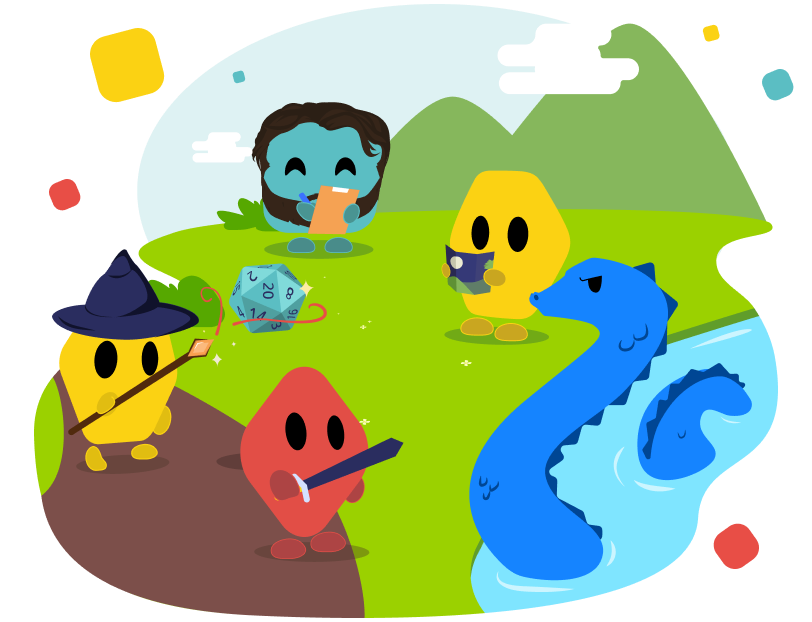- Project
- Underway
Collective Role Play as Inclusive Territory (CRIT): Role-playing as and with diverse others to promote gender and sexual orientation social inclusion
Benjamin Le Hénaff Assistant Professor in Psychology
Dr. Benjamin Le Hénaff is an Assistant Professor of Psychology whose research centers on social and group identity. He specifically investigates how our connections to social groups are formed, how they evolve or change, and how they influence our thoughts and behaviors. His work has resulted in numerous peer-reviewed publications in both national and international journals of Social and Educational Psychology. A tabletop role-playing enthusiast for over 25 years, he has experience as both player and game master. Dungeons & Dragons was one of his first role-playing games, and he continues to enjoy it today.
-
Project start date :
2025/06/02 -
Status :
Underway -
Research organization :
University of Franche-Comté -
Team :
/
In 2024, Game in Lab selected Dr. Benjamin Le Hénaff’s project to explore how playing characters with different genders and sexual orientations can foster empathy and intergroup interaction. Through a series of experimental studies, this research investigates the potential of role-playing games to reduce prejudice and promote social inclusion among players of the Dungeons & Dragons community. This contributes to a deeper understanding of how games can become spaces for experiencing and transforming gender and sexual norms.
Project overview
This project explores the potential of role-playing games to foster empathy and social inclusion. For over 50 years, Dungeons & Dragons has invited players to step into new identities and imagine different lives. Building on this cultural legacy, the research examines how embodying characters with different gender identities and sexual orientations can serve as intergroup contact and encourage perspective-taking, two important mechanisms for challenging bias and strengthening social cohesion. By addressing the social impact of role-play on attitudes toward gender and sexual diversity, the project aims to advance research on inclusion, while contributing to the broader understanding of games as tools for social change.

Methodology
This project is based on two studies using complementary methodologies:
- Study 1: a questionnaire to measure players’ experiences when playing characters with gender identities and sexual orientations different from their own, and the impact on prejudice and inclusion,
- Study 2: a one-shot scenario run by a game master to measure whether assigning players characters with gender or sexual orientations incongruent with their real-life identities reduces sexism, LGBTphobia and promotes social inclusion, compared to players assigned congruent identities.
Outcomes
The project is ongoing. It is expected that players who adopt characters with different gender identities or sexual orientations will be more empathetic and inclusive to other players who are different to themselves. With a broader goal of making Dungeons & Dragons spaces more inclusive of women and LGBTQ players, the findings will be shared with both the community and the general public.
